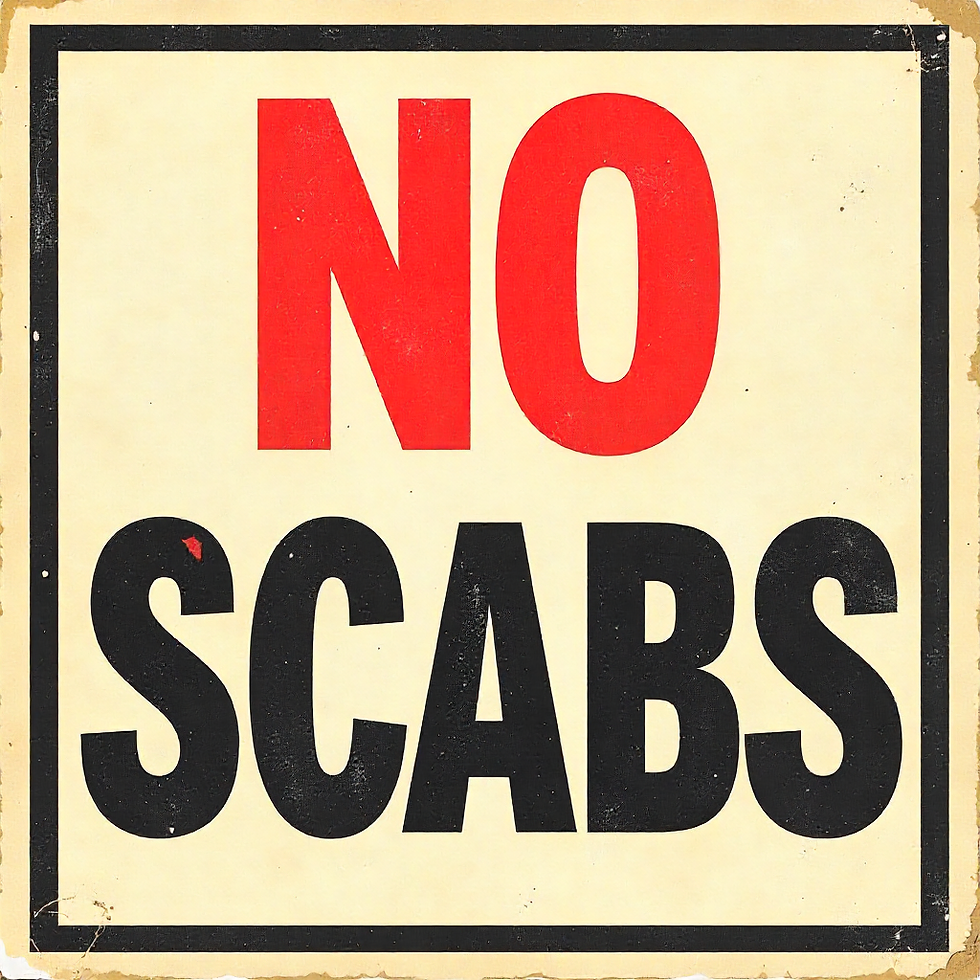Is a Two-Dose COVID-19 Vaccination Policy Still Reasonable in the Workplace?
- lelsutoronto
- Oct 13, 2022
- 3 min read
Updated: Nov 27, 2022
In a decision released on September 12, 2022, Coca-Cola Canada Bottling Limited v United Food and Commercial Workers Union Canada, Local 175, Arbitrator Herman held that a two-dose COVID-19 vaccination policy is still reasonable in the workplace. This decision comes after concerns were raised over the reasonableness of two-dose vaccination policies in the face of new COVID-19 variants.

The Facts:
The United Food and Commercial Workers Union Canada, Local 175 (the “Union”) brought a grievance challenging the mandatory COVID-19 vaccine policy proposed by Coca-Cola Canada Bottling Limited (“Coca-Cola”). Coca-Cola issued a national Vaccination Policy (the “Policy”) to all its Canadian operations, requiring employees to be fully vaccinated (i.e., get at least two doses of an approved vaccine). The Policy stated that violations “may lead to discipline, such as suspension without pay, up to and including termination for cause.”
The facility in question was the Barrie Distribution Centre. As of January 31, 2022, only three of the 130 employees working at the Barrie facility remained unvaccinated. These three employees were consequently placed on unpaid administrative leave.
The Issues:
The Union challenged Coca-Cola’s Policy on two grounds. First, the Union argued that the Policy was unclear and equivocal. Second, the Union argued that even if the policy was clear and unequivocal, it was unreasonable for Coca-Cola to impose any discipline on employees for non-compliance.
The Medical Expert Evidence:
Arbitrator Herman accepted as accurate and reliable the expert medical evidence provided by Dr. Mark Loeb that an individual with two doses of the vaccine is better protected against COVID-19 than an unvaccinated individual, even with respect to the Omicron variants. This runs contrary to a previous decision, FCA Canada Inc v Unifor, Locals 195, 444, 1285 (“FCA”), in which the arbitrator held that a two-dose mandatory vaccination policy was no longer reasonable in the face of emerging scientific evidence regarding the waning efficacy of two-dose vaccines against the Omicron variant. Dr. Loeb was asked to comment on the evidence accepted in FCA. He concluded that the arbitrator in FCA had incorrectly interpreted and applied several research studies. In particular, Dr. Loeb stated that the Danish study relied on by the arbitrator was misinterpreted to suggest that there was no material difference in transmission of the Delta and Omicron variants between vaccinated and unvaccinated individuals, when in fact there was. Arbitrator Herman accepted Dr. Loeb’s evaluation of the evidence, specifically, that a two-dose vaccination policy was still effective against the new variants.
The Decision:
Coca-Cola’s Policy was held to be reasonable. The Policy was clearly and unequivocally communicated via email to all employees. It was also posted throughout the workplace and discussed in various crew meetings. While the Policy was developed over time, employees received continuous updates and instructions in advance of the requirements to get vaccinated. Employees were also advised that they could ask for exemptions based on human rights grounds.
Arbitrator Herman stated that the imposition of discipline and/or termination was reasonable in the context of an otherwise reasonable vaccination policy. The serious health risks associated with COVID-19 to employees and members of the public justified the use of discipline and/or termination for non-compliance. Further, any discipline imposed could still be grieved and evaluated using the just cause standard. As a result, the Union’s grievance was dismissed.
Takeaway:
The decision clarifies some concerns surrounding whether a two-dose vaccination policy is still reasonable in the face of new variants. As COVID-19 variants continue to emerge, the assistance of expert evidence to interpret scientific studies will likely play an important role in determining the reasonableness of an employer’s vaccination policy.
-LY




Wow - a truly fascinating read!